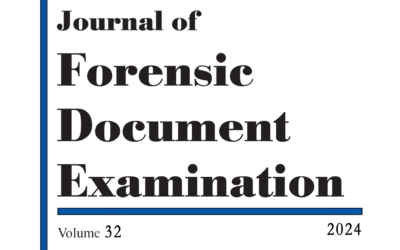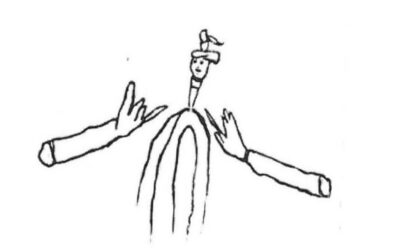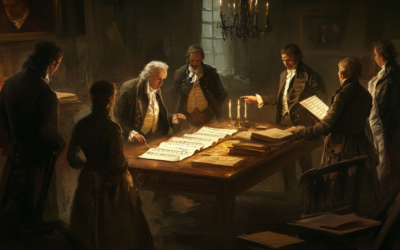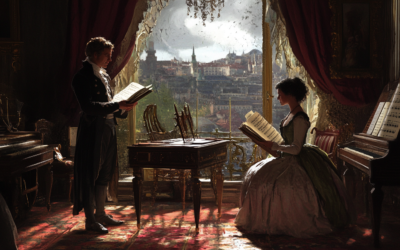The Kolb Concerto
A Mozartian Mirage?
The Kolb Concerto is more than just another questionable addition to Mozart’s repertoire; it’s a prime example of how music history is often rewritten to suit commercial interests. With two conflicting versions, neither matching Mozart’s known style or instrumentation practices, the concerto has been a subject of scholarly debate for over a century. From Ernest Hess’s early criticism to the recent re-evaluation by Christoph-Hellmut Mahling, it’s clear that this piece does not fit within the Mozart canon. Instead, it appears to be a product of 19th-century French pedagogical traditions, misattributed to Mozart for the sake of bolstering his catalogue. Given the inconsistencies in style, structure, and instrumentation, it is time to reconsider what we accept as “authentically Mozart” and to question whether the so-called “Viennese Classical style” is more of a myth than a reality.
Mozart: The Fall of the Gods
This book compiles the results of our studies on 18th-century music and Mozart, who has been revered for over two centuries as a deity. We dismantle the baseless cult of Mozart and strip away the clichés that falsely present him as a natural genius, revealing the contradictions in conventional biographies. In this work, divided into two parts, we identify and critically analyze several contradictory points in the vast Mozart bibliography. Each of the nearly 2,000 citations is meticulously sourced, allowing readers to verify the findings. This critical biography of Mozart emerges from these premises, addressing the numerous doubts raised by researchers.
"If this is what passes for Mozart’s genius, then perhaps we’ve been deceived all along."
Mozart: The Fall of the Gods
When discussing the so-called Kolb Concerto in D major (K6 271a), one cannot help but notice the echoes of past debates surrounding other dubious works attributed to Mozart. Much like the infamous sixth concerto, this piece is a puzzle—poorly crafted counterpoint, weak harmonies, and an overall lacklustre musical quality suggest Mozart’s involvement was minimal, if at all. Some claim he only composed the more successful sections, but even these are far from convincing.
The authenticity of the Kolb Concerto has been questioned for over a century. Ernest Hess noted its numerous compositional errors, uncharacteristic phrasing, and unconvincing orchestration, all of which undermine the attribution to Mozart. Strangely, this seventh concerto exists in two versions: the full score from Aloys Fuchs’s collection at the Prussian Library in Berlin, and the separate parts copied by Eugène Sauzay in Paris in 1837. The sources do not align, and the original manuscript by Wolfgang is nowhere to be found, yet it was published under Mozart’s name in 1907. For decades, scholars clung to imaginative theories, desperately trying to place the concerto within Mozart’s timeline, until it was finally revealed as a forgery.
The likes of Georges De Saint-Foix and Yehudi Menuhin held onto the belief that the concerto had some connection to Mozart, while others, such as Alfred Einstein, suggested that it might merely be a sketch, with later composers filling in the gaps. Still, the inconsistencies pile up: the violin remains too high in pitch, excessive pizzicatos disrupt the slow movement, and strange tenth intervals appear in cadenzas supposedly added in the 19th century.
Even the title “Kolb” has no basis in reality. Several amateur violinists bore that name, but none can be conclusively linked to this work. In 1963, Carl Bär speculated that the concerto might be related to an entry in Joachim von Schiedenhofen’s diary from 1777. However, his assumptions rest on shaky ground, as details about Kolb are scant and confused.
By 1978, Christoph-Hellmut Mahling proposed that Mozart may have merely copied the concerto for personal use, lifting it from another contemporary composer. Subsequent studies dismissed Mozart’s authorship, linking the concerto instead to French styles, such as those of Kreutzer and Baillot, suggesting it was a teaching tool rather than an original work by Mozart. Mahling’s findings reinforced the notion that the concerto’s structure and features align more with early 19th-century French conservatory exercises than with Mozart’s authentic output.
In truth, the Kolb Concerto is likely a commercial product, packaged as Mozart’s to enhance its market appeal. Today, it is still performed under his name, despite mounting evidence against its authenticity. This should lead us to question the very concept of the so-called “Viennese Classical style.” Is it truly a coherent, historically grounded genre, or merely another construct shaped by politics and commerce?
You May Also Like
Unveiling the Truth Behind Mozart’s Thematic Catalogue
Anna Trombetta, Professor Martin W. B. Jarvis from Charles Darwin University, and Luca Bianchini, have published a peer-reviewed article titled Unveiling a New Sophisticated Ink Analysis Technique, and Digital Image Processing: A Forensic Examination of Mozart’s Thematic Catalogue. This research, which underwent an extensive double-blind peer review, has appeared in a journal that serves as a global reference point for forensic document examiners and court specialists.
Unveiling the Truth Behind the Drawing
H. S. Brockmeyer’s latest research unravels the mystery behind a July 5, 1791, letter from Mozart to his wife. This remarkable investigation uncovers the original, unembellished drawing Mozart included—vastly different from the altered version widely reproduced in collections today. The discovery raises significant questions about historical accuracy and the intentional shaping of Mozart’s legacy.
The Deceptive Nature of Mozart’s Catalogue
The Thematic Catalogue traditionally credited to Mozart is fraught with inaccuracies, suggesting that many of his famous works might not be his at all. This prompts a necessary reevaluation of Mozart’s legacy and the authenticity of his compositions.
The Mozart Myth Unveiled: A Deeper Look
Mozart’s legacy is far from the untarnished narrative of genius that history would have us believe. The web of deceit woven around his name by those closest to him, including his own widow, reveals a much darker story.
The Other Side of Mozart’s Legacy
Explore the untold story of Mozart, where myth and reality collide. Our critical examination of his life and works reveals a legacy shaped by profit, myth-making, and misattribution. Join us in uncovering the truth behind the man and his music.
The Deception Surrounding Mozart’s Legacy
Anton Eberl’s confrontation with Constanze in 1798 exposed a web of deceit surrounding Mozart’s legacy, revealing that several of his compositions were falsely attributed to the late composer. This chapter uncovers the ethical dilemmas and controversies that have marred the posthumous reputation of one of history’s most celebrated musicians.







